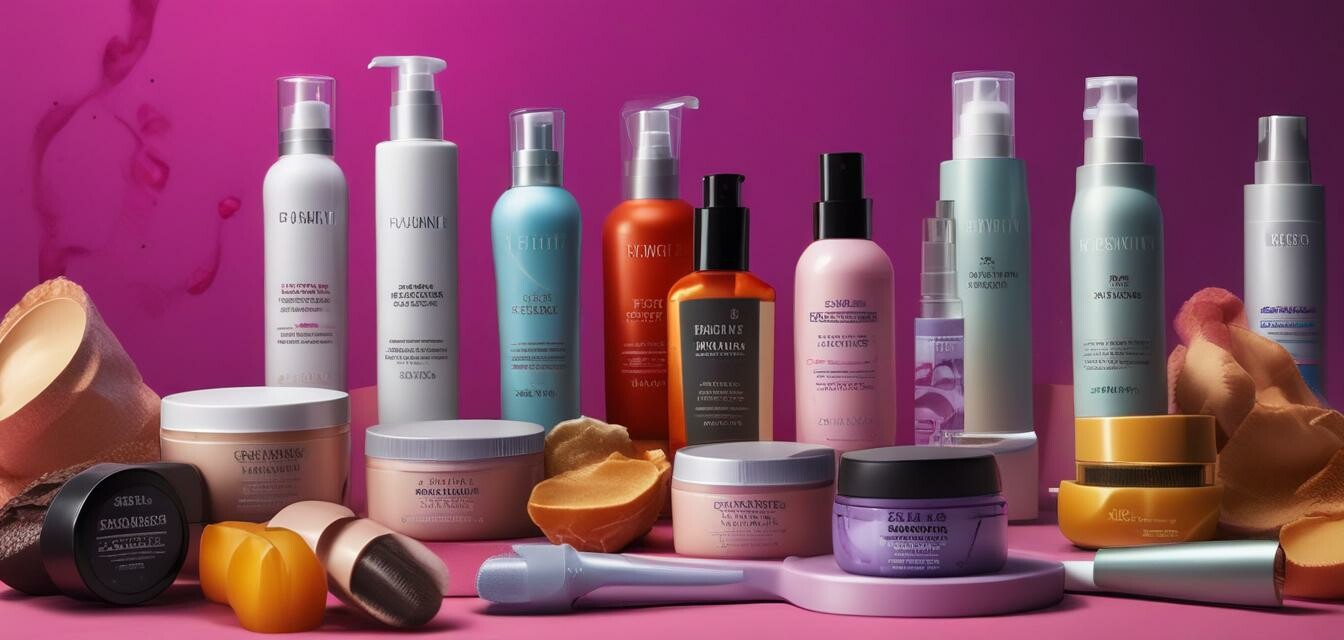
Navigating Beauty Myths: Debunking Cultural Misconceptions
Key Takeaways
- Understanding the history and origins of beauty myths in the Black community.
- Recognizing the impact of media stereotypes on beauty perceptions.
- Learning factual truths about hair care and skincare for different hair types and skin tones.
- Empowering yourself through knowledge and community narratives.
- Applying tips to challenge and debunk beauty myths in everyday life.
Beauty is a deeply personal journey, and for many African-Americans, it's also a journey filled with historical complexities and myths. This article aims to unravel the web of misconceptions that have surrounded Black beauty and hair care, offering factual insights and inspiring stories to empower you on your beauty journey.
The roots of beauty myths
The narratives around beauty are often influenced by cultural, social, and historical factors. Many myths stem from a lack of representation, misrepresentation, or negative stereotypes promoted in media. Understanding this background is essential in tackling these misconceptions.
Common myths and their truths
| Beauty Myth | Truth |
|---|---|
| Black hair can't grow long. | With proper care, all hair types can grow long and healthy. Genetics, care practices, and overall health contribute to hair growth. |
| Dark skin can’t get sunburned. | While darker skin has more melanin, it can still suffer from sun damage and skin issues. Sunscreen is essential for all skin tones. |
| Natural hair is unprofessional. | Natural hairstyles can be professional and stylish. It’s essential to embrace and celebrate your natural beauty in all settings. |
| Certain products work best for all hair types. | Each hair type has unique needs. Understanding your own hair and skin type is key to choosing the right products. |
The impact of media on beauty standards
Media representation plays a significant role in shaping beauty standards. Unfortunately, many narratives have omitted positive representations of Black beauty, leading to skewed perceptions. It's essential to advocate for diversity in media to change the story.
Real stories that debunk myths
Stories of individuals challenging beauty norms serve as inspiration and education for others. Whether through blogs, vlogs, or social media, these narratives help to reshape perceptions and provide a sense of community.
- Community initiatives: Local beauty groups often come together to share knowledge and support one another in their beauty journeys.
- Influencer insights: Beauty influencers have leveraged their platforms to discuss the realities of Black beauty.
- Online forums: Websites and social media platforms are excellent venues for sharing personal experiences and advice.
Empowering yourself through knowledge
Education is an important tool in debunking myths. The more you know, the more confident you can be in your choices. Here are a few tips on how to educate yourself:
Tips for beginners
- Engage with informative blogs about black beauty tips.
- Follow diverse beauty influencers on social media for a range of perspectives.
- Join community workshops focusing on hair and skincare.
- Read up on product ingredients to make informed decisions.
Challenging beauty myths in everyday life
It’s vital to confront these myths not just in personal reflections but also in the broader community. Share your learned knowledge with friends and family, and encourage open discussions about beauty standards.
Pros
- Increased knowledge about your beauty needs.
- Support from a community that understands your journey.
- Empowerment through self-acceptance.
Cons
- Challenging beauty myths may lead to resistance from others.
- It can be difficult to change deeply ingrained perceptions.
Final thoughts
Debunking beauty myths is a crucial part of embracing your unique beauty. By understanding the origins of these misconceptions and sharing personal stories, we can educate ourselves and others, paving the way for a more inclusive narrative.
Join us in the journey to redefine beauty by visiting our Featured Stories section for more inspiring narratives on Black beauty.